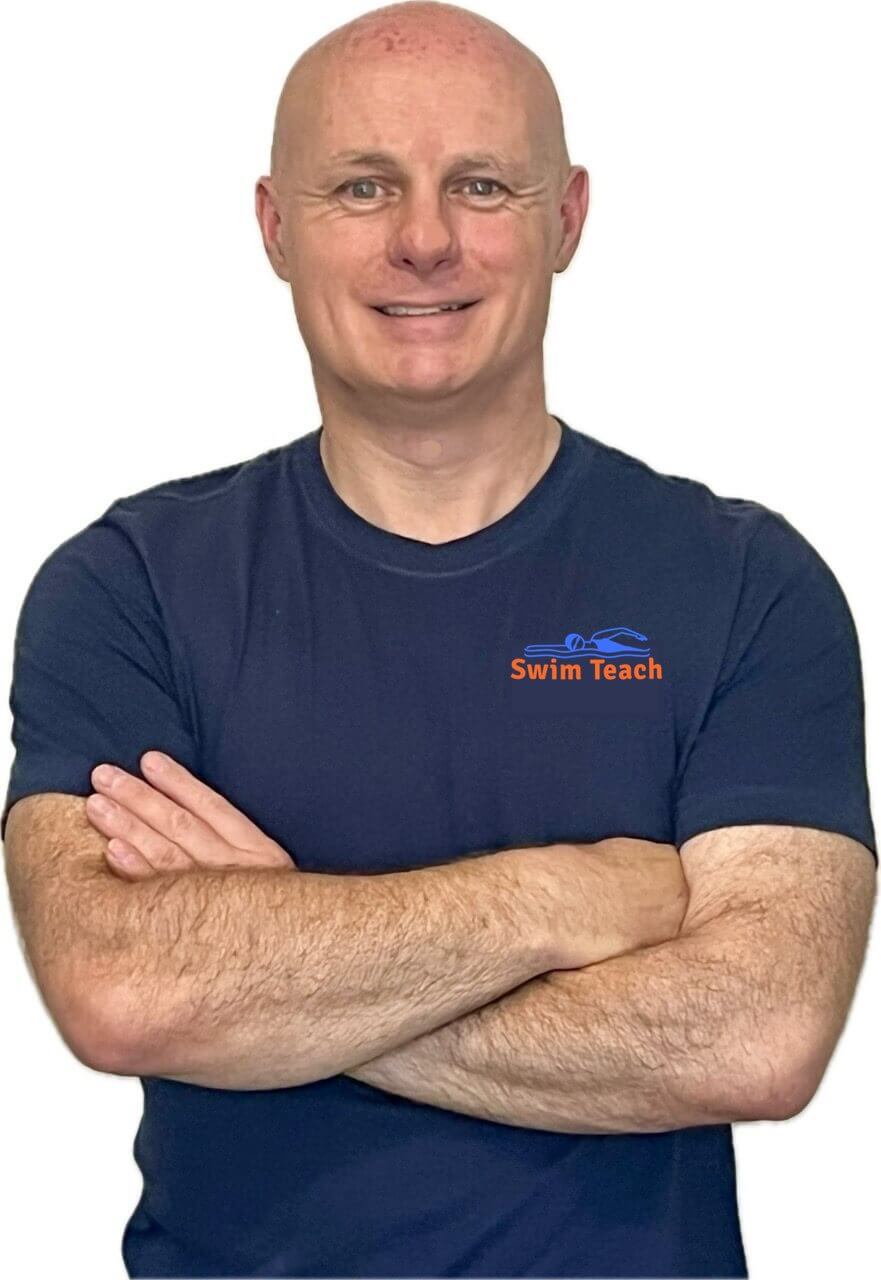- Swim Teach Home
- how to float
- How To Float During Swimming
How To Float When Swimming
My body is still not floating on the water? I have just begun to learn to swim.
Do not be put off just because your body does not float. Your ability to float is determined by your body composition. Based on the scientific facts that muscle sinks and fat floats, generally speaking, fat people float well and lean muscular people tend to sink. In other words, some people float and some people do not!
Learning to relax in the water is essential. Relaxed muscles are more likely to float, depending on their density. Tense muscles will nearly always sink.
That does not mean you are not able to keep yourself afloat while you swim. Depending on the stroke you swim, with the correct swimming technique you will remain at the water's surface.
We would encourage you to continue learning to swim and learning to stay afloat will come in time. Download my ebook The Complete Beginners Guide To Swimming. This contains all the tip and tricks you need to know, including how to relax, how to glide, and how to breathe. Click the link below for more information.
The Complete Beginners Guide To Swimming
 The Complete Beginners Guide To Swimming
The Complete Beginners Guide To Swimming$14.99

I am a member of the Amazon Associates Program and I will earn a commission from qualifying purchases at no extra cost to you.
How to Float During Swimming?
How to float during swimming?
Floating is dependent upon body fat percentage and relative density. In other words, the shape, size, and composition of your body will determine if you will float and if so how well. Body fat floats and muscle sinks, therefore the ratio of muscle to fat in your body will be the deciding factor in your ability to float.
We are of course talking about floating in a stationary position in the water and your question was about how to float during swimming. All of the above factors will of course help or hinder floatation during swimming but remaining at the surface of the water whilst you swim will depend on your swimming technique. This is particularly true if you have little or low body fat as your body will naturally want to sink and therefore your swimming technique will have to be more efficient.
Momentum and efficiency through the water will greatly assist your body to remain afloat as you swim. Momentum from the propulsion generated from the arms or legs and efficiency from a streamlined body position that enables you to move easily through the water.
If you swim breaststroke then propulsion is generated from a powerful leg kick and efficiency comes from a stretched body position and glide after each leg kick.
If you swim front crawl then the propulsion comes from the arm action and the body moves through the water easily as it remains in a stretched-out and streamlined position.
My eBook The Complete Beginners Guide To Swimming will teach you how to relax, glide, breathe and float as you learn to swim. Click the link below for more information.
 The Complete Beginners Guide To Swimming
The Complete Beginners Guide To Swimming$14.99

I am a member of the Amazon Associates Program and I will earn a commission from qualifying purchases at no extra cost to you.




